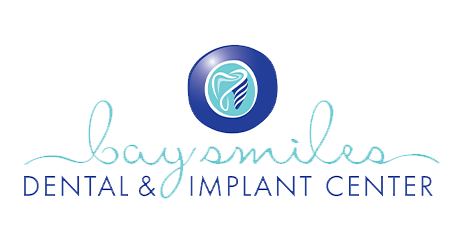For centuries, dentures have been a go-to solution for individuals with missing teeth, offering a semblance of normalcy and functionality. However, in recent years, the limitations of dentures have become increasingly apparent, leading many to seek out alternative teeth replacement options that provide greater comfort, stability, and overall oral health. In this article, we delve into the reasons why dentures might not be the best choice for everyone and explore some alternatives that offer more advanced solutions.
One of the most significant drawbacks of dentures is their lack of stability and functionality compared to natural teeth. Dentures are removable, and as a result, they can shift or slip during speaking and eating, leading to discomfort, self-consciousness, and challenges in daily activities. This lack of stability often forces denture wearers to avoid certain foods and experiences, impacting their quality of life.
Adjusting to dentures can be particularly challenging due to the potential for speech difficulties. Dentures can alter the way sounds are produced, leading to a noticeable change in speech patterns. This adjustment period can be frustrating and lead to self-consciousness when speaking, especially in social or professional settings.
Dentures rest on the gums and are held in place by suction or adhesive. Over time, this can lead to gum irritation, sore spots, and even gum inflammation. The constant pressure on the underlying tissues can cause discomfort and result in the need for adjustments or relining to maintain a proper fit.
A lesser-known but significant concern is the potential for bone loss in the jaw when dentures are used as a long-term solution. The absence of natural teeth roots means that the jawbone is not stimulated as it would be with natural teeth or implant-supported prosthetics. This lack of stimulation can lead to gradual bone resorption, which can alter facial features, such as causing a sunken appearance or changes in the jawline.
Dentures require diligent care to avoid problems such as staining, odor, and bacterial buildup. Cleaning and soaking dentures daily can be time-consuming and cumbersome. Additionally, there is a risk of damaging or breaking dentures during cleaning or handling, necessitating frequent visits to the dentist for repairs or replacements.
Given the limitations of dentures, individuals seeking a more effective and long-term solution have a range of alternatives to consider:
Dental Implants: Dental implants are a revolutionary option that provides unparalleled stability and functionality. These surgically placed titanium posts fuse with the jawbone, serving as sturdy anchors for prosthetic teeth. Dental implants not only look and feel like natural teeth but also stimulate the jawbone, preventing bone loss and maintaining facial structure.
Fixed Bridges: Fixed bridges are used to replace one or more missing teeth by anchoring the replacement teeth to adjacent natural teeth. While not as versatile as dental implants, fixed bridges provide greater stability than dentures and eliminate many of the discomforts associated with removable options.
All-on-4 Implants: This innovative technique involves placing just four dental implants in strategic positions to support an entire arch of replacement teeth. All-on-4 implants offer a cost-effective and time-efficient solution, combining the benefits of dental implants with reduced surgical procedures.
While dentures have served as a viable teeth replacement option for many years, their limitations have become increasingly evident in the face of more advanced alternatives. The discomfort, instability, and impact on oral health associated with dentures have prompted many individuals to seek out solutions that offer greater stability, functionality, and a more natural appearance. Dental implants, fixed bridges, and All-on-4 implants are just a few examples of the advancements that have revolutionized teeth replacement, allowing individuals to regain their confidence, enjoy their favorite foods, and maintain optimal oral health. Before making a decision, it’s crucial to consult with a dental professional to determine the best option based on individual needs and circumstances.
